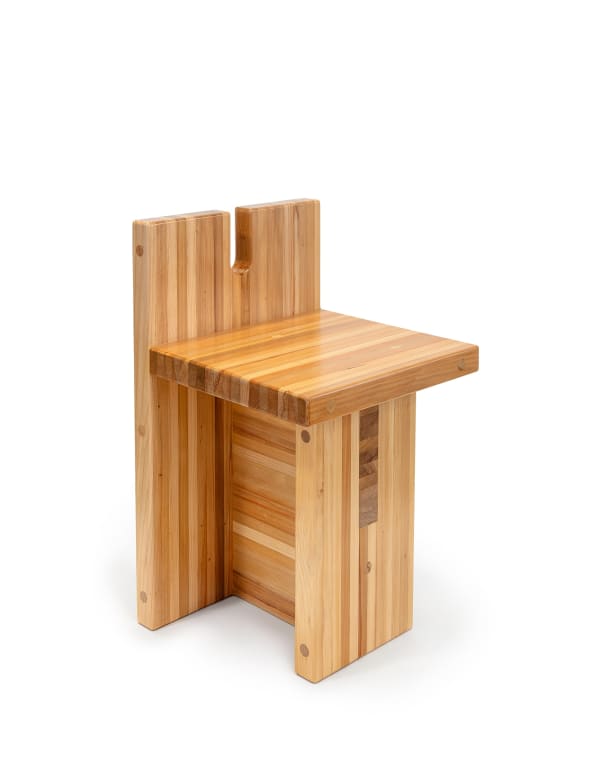Lina Bo Bardi Italienne/ Brésilienne, 1914-1992
Lina Bo Bardi (1914-1992) was an Italian-Brazilian architect and designer known for her avant-garde work in the field of modern architecture and furniture design.
Born in Italy, Lina Bo Bardi studied architecture at the University of Rome before moving to Brazil in 1946 with her husband, writer and art critic Pietro Maria Bardi.
She quickly began working on architecture and furniture design projects in the country.
His work in modern furniture is particularly notable. As director of the design department of the Italian furniture company Studio d'Arte Palma in São Paulo in the 1950s, Lina Bo Bardi created several modernist pieces of furniture that have become icons of Brazilian design.
Among his most famous creations are the Bowl chair (1951), the Fresa wood and leather chair (1950) and the Três Pés wood and steel chair (1957). These parts are characterized by their simplicity and functionality, as well as their use of local and affordable materials.
Lina Bo Bardi was also known for her innovative approach to modern architecture. She has designed many important buildings in Brazil, including the São Paulo Museum of Art (MASP) and SESC Pompeia, a cultural and sports center in São Paulo. In her architectural designs, she sought to integrate local elements and create spaces that meet the needs of ordinary people.
Lina Bo Bardi was praised for her commitment to social justice and equality in the field of architecture and design. In particular, she created an organization called the Centro de Lazer Fábrica da Pompéia, which transformed a former abandoned factory into a community center offering cultural, sports and educational activities for residents of the region.
Lina Bo Bardi has left a lasting legacy in the world of architecture and design. His avant-garde work in modern furniture, as well as his innovative designs of public and cultural spaces, have influenced many contemporary architects and designers. In addition, its commitment to social justice and equality in the field of architecture continues to inspire those who seek to create spaces that meet the needs of all, regardless of their socio-economic status or origin. In short, Lina Bo Bardi has left an indelible mark in the field of architecture and design.




